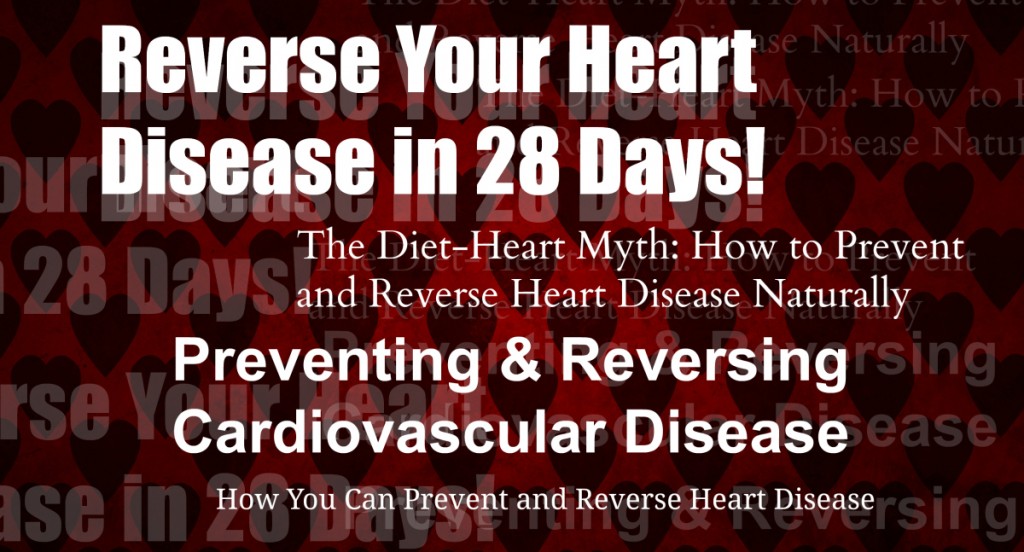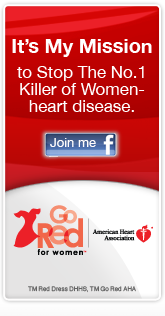 I get it. Really, I do.
I get it. Really, I do.
I want this disease to go away too. I wish it never happened to me. It isn’t fair. I don’t deserve this. Neither do you.
The worst part: I can’t control it. I can’t control my body. I can’t control my life . . . anymore. (More on that in a moment.)
So I get it, why headlines like this get written, as do books and videos, and why the media does interviews and articles get posted and shared and emailed to me. Because if I could CURE this disease, it would be gone. If I could REVERSE it, it would be like it never happened. And that’s all we ever wanted, right? Is to go back to the day before and have it never happen to us. To anyone.
But it did, so here we are.
It’s not that I don’t believe in prevention. I do. Or risk factor mitigation. All over that. Or five hours a week of exercise or super-low-fat diets, super-food diets, vegan diets, or anti-inflammatory diets after my diagnosis because I’ll live longer and be stronger and feel better if I do. Absolutely. I’ve done them all (and kept what worked).
I’m not against hope, either. I do get hopeful when I hear of a new study, a new correlation or explanation, a new doctor who’s more interested in my particular combination of heart diseases. I actually believe being younger than the average patient is a silver lining; there may, in fact, be a cure developed in my lifetime. I’m fond of telling my doctors that if they wanted me to eat nothing but banana leaves and hang upside down in traction all day I’d do it, if it meant this would be over.
I even believe that some people were, in fact, cured by following any or all of these programs. Or that they did reverse some or all of their coronary artery blockage. Because I’m sure that has happened. Our bodies can heal themselves, if the conditions are right. Our bodies know far more than we do.
But what makes me crazy about claims like these — especially in over-hyped, facile, link-bait headlines when the article is actually full of qualifiers* — is that I think they can prevent or delay acceptance. And I think that’s the dangerous part.
My forms of heart disease are life-long, chronic, and progressive illnesses. Without accepting that fact so I can do the work required to keep it at bay, every step I take would be so much harder, every dead-end or failed cure so much more devastating. Accepting my life the way it is actually makes it much easier to make it better.
Acceptance isn’t about giving up; instead it protects against giving in.
It is the state of knowing that I am not now — nor was I ever — in control. (And of knowing that I will drive myself crazy if I try.) Acceptance is a hard-won gift of mental health and grace.
Acceptance is essential to my wellness, so I steel myself against sensational headlines and read between the lines. I have learned that I can live well while being sick.
And living well, not going back, is my ultimate goal. Now, does anyone have a great recipe for banana leaves?
For a discussion of the “yes, you can” and “not really” sides to the heart disease cure debate, check out Can You Reverse Heart Disease? on WebMD.
* Most articles on this topic focus only on coronary artery disease, and how diet and lifestyle changes can prevent buildup of plaque or reduce the amount of current buildup, thus the claim that the disease is reversed. CAD is just one of the many diseases collectively known as heart disease.



Recent Comments